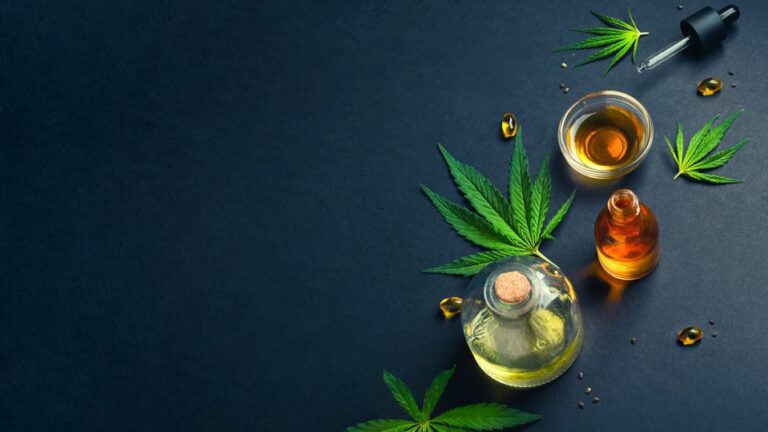Navigating the world of wellness supplements can be overwhelming, especially with the rise of cannabidiol products. With potential benefits ranging from pain relief to anxiety reduction, it’s no surprise that many are eager to incorporate CBD oil into their daily routines.
If you’re a beginner, you’re in the right place. Here, we break down ten crucial steps, starting from number ten, to help you integrate CBD oil into your lifestyle seamlessly.
10. Learn about CBD
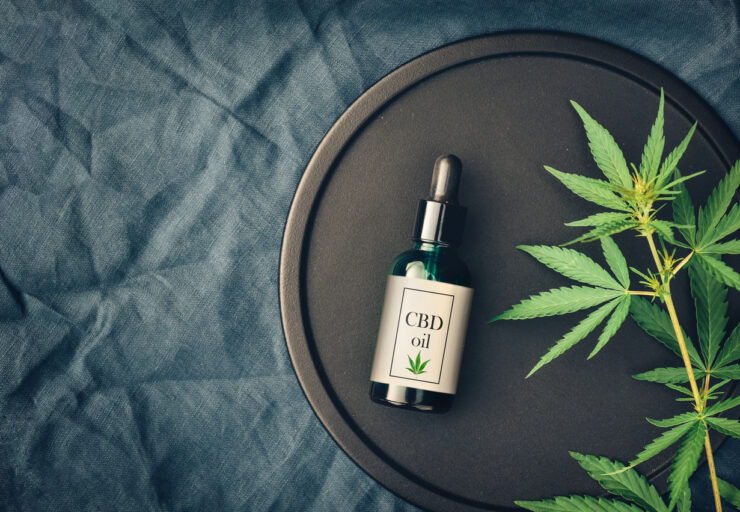
Before adding any supplement to your regimen, it’s essential to know what you’re consuming. CBD oil is one of over 100 compounds found in the cannabis plant, but it’s non-psychoactive, meaning it won’t get you “high” as explained by experts from AbbaNutrition. Instead, its potential benefits include anti-inflammatory properties, pain relief, anxiety reduction, and more. Remember, knowledge is the foundation for making informed decisions.
9. Identify Your Goals
Why are you considering it? Some users seek pain management, while others may want help with anxiety or insomnia. Pinpointing your specific objectives will guide the dosage, the time of day, and the product type you choose.
8. Choose the Right Form
CBD comes in various forms – oils/tinctures, gummies, capsules, vapes, and topicals, to name a few. The mode of consumption affects the onset time and longevity of the effects:
- Oils/Tinctures: Easily dosed and can be added to food or taken under the tongue. The effects usually start within 20-40 minutes.
- Gummies/Capsules: Convenient, with pre-measured doses, but may take longer (up to 2 hours) to feel effects.
- Vapes: Fastest onset (minutes) but effects may not last as long.
- Topicals: Applied directly to the skin, ideal for localized pain or skin conditions.
7. Start with a Low Dose
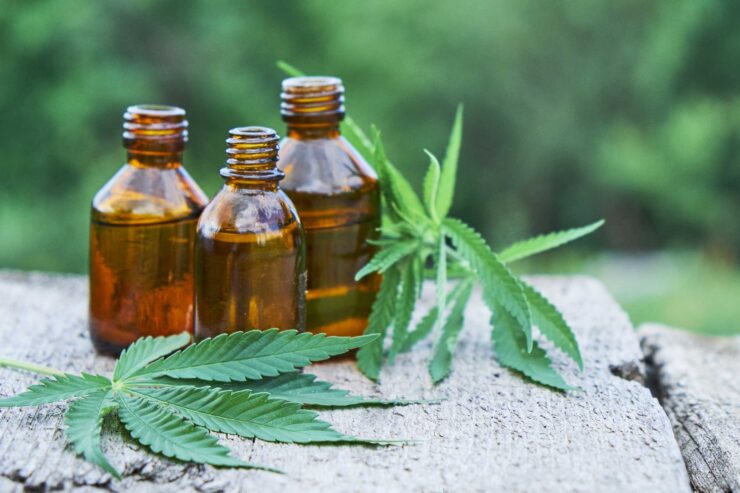
Source: diabetes.co.uk
Beginners should always start low and go slow. Starting with a low dose lets you gauge your body’s reaction. Over time, you can gradually increase the amount until you find the optimal dosage. Too much, too soon might result in unwanted side effects like dizziness or an upset stomach.
6. Establish a Routine
Consistency is key when trying something new. Decide on a specific time of day to take your CBD, making it a regular part of your daily routine. Some users prefer the morning to kickstart their day, while others opt for evenings to relax.
5. Track Your Experience
Maintain a journal to document your daily dosage, time of consumption, and any noticeable effects or side effects. Over time, this will provide a clearer picture of how it impacts you, allowing for more informed adjustments.
4. Be Patient
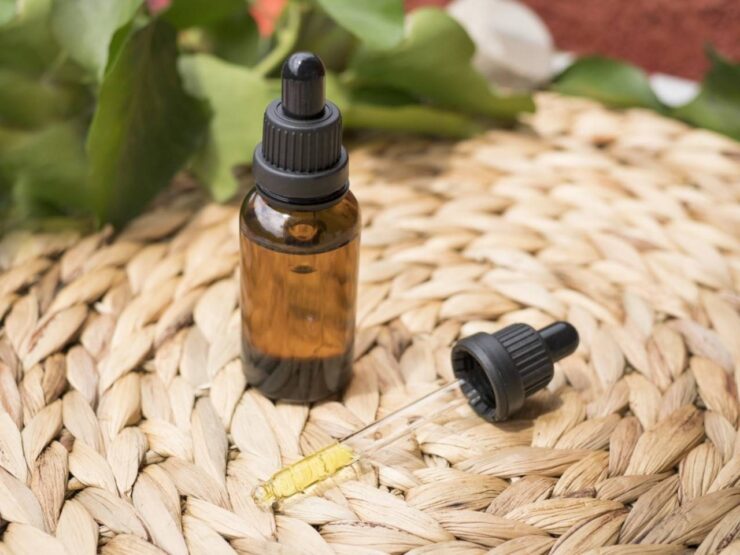
It doesn’t always deliver immediate results. Some users might feel effects after one dose, while others might need a few weeks of consistent use. Listen to your body, adjust as necessary, and don’t get discouraged if you don’t notice instant changes.
3. Monitor Interactions with Other Medications
It can interfere with certain medications, including blood thinners. Before incorporating it into your routine, consult your doctor, especially if you’re on other medications.
2. Opt for Quality
Not all products are created equal. Ensure you’re purchasing from reputable brands that provide third-party lab testing, ensuring you’re getting a high-quality product free of contaminants.
1. Consult a Healthcare Professional
The golden rule: always consult with a healthcare professional or specialist before making any significant changes to your wellness routine. While it’s generally well-tolerated, it’s crucial to get expert guidance tailored to your specific needs.
FAQs
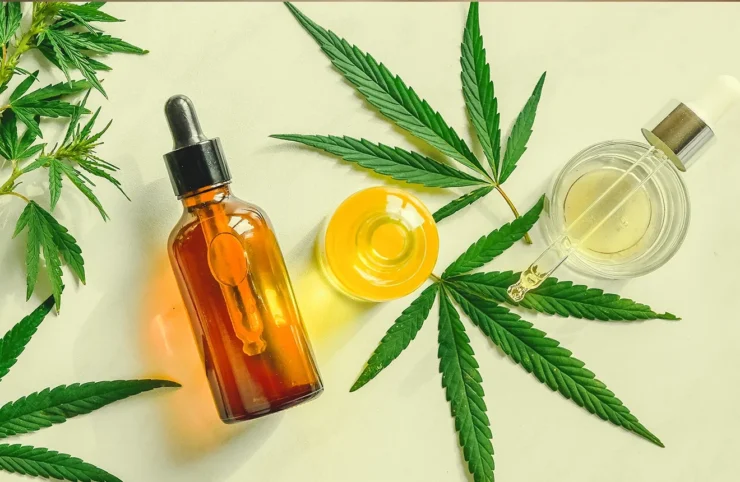
What is the difference between CBD oil and hemp oil?
While both CBD oil and hemp oil come from the cannabis plant, they are derived from different parts and have distinct uses. It is extracted from the entire plant, especially the flowers, and contains a high concentration of cannabidiol, the therapeutic compound. In contrast, hemp oil, also called hemp seed oil, is extracted from the seeds and doesn’t contain significant amounts of it. Hemp oil is often used for its nutritional benefits due to its rich fatty acid and antioxidant content.
Can I overdose on it?
While there are no documented cases of a fatal overdose from CBD, it’s possible to take more than your body can handle. This might lead to temporary side effects such as fatigue, diarrhea, changes in appetite, or weight. Always start with a recommended dose and adjust gradually based on your body’s response.
How long does it take for CBD oil to expire?
Generally, CBD oil has a shelf life of 12 to 24 months if stored in a cool, dark place. Exposure to light or heat can degrade its quality. Always check the product’s expiration date and any changes in color, consistency, or smell.
Will CBD oil show up on a drug test?
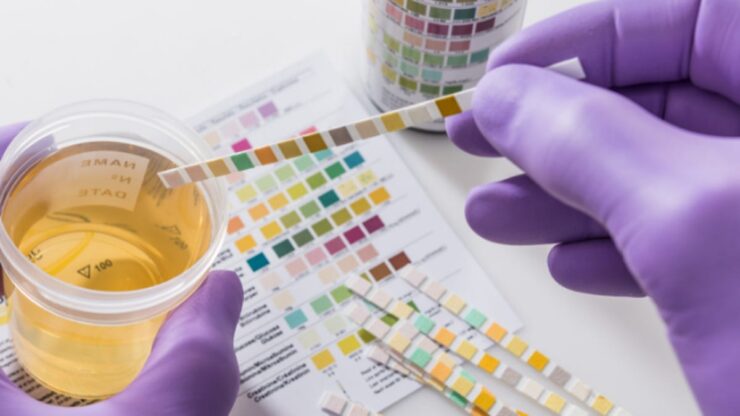
Standard drug tests typically screen for THC, the psychoactive compound in marijuana, not CBD. However, some products may contain trace amounts of THC, especially if they’re full-spectrum. While it’s uncommon, there’s a slight chance that high doses of such CBD products could lead to a positive drug test. It’s advisable to opt for broad-spectrum or isolate products if drug testing is a concern.
Can I cook or bake with CBD oil?
Absolutely! It can be incorporated into various recipes, from smoothies to baked goods. However, when cooking or baking with it, be mindful of temperature. Excessive heat can degrade its potency. It’s best to add oil to recipes that don’t require prolonged or high-temperature cooking.
Is it safe for pregnant or breastfeeding women to consume it?
There’s limited research on the effects of this plant on pregnant or breastfeeding women. While some studies suggest it might be safe, many health professionals recommend erring on the side of caution. If you’re pregnant or breastfeeding, it’s vital to consult with your doctor before consuming any other supplement.

